Subscribe for Access
Partnerships professionals oftentimes work with sales professionals, report to a VP of Sales, and have a background in sales. Despite their many similarities in work, the two require very different mindsets in order to be successful. We’re covering four ways sales-turned-partnerships professionals can change their daily practices and with it, their long-term mindset.

By Zoe Kelly
February 7, 2022
Sales and partnership professionals oftentimes work hand in hand. According to our 2022 State of the Partner Ecosystem report, 47% of partner programs sit under sales in the company org chart. Likewise, our Tech Ecosystem Maturity Diagnostic revealed that 60% of respondents believe the sales team benefits most from the integrations created by the partnerships team.
Additionally, folks frequently make the career jump to partnerships from sales.

Aleksi Mattlar is a Partner Success Manager at Excel complete planning platform company Vena Solutions and has worked full-time on the partnership team since 2020. Like many of his colleagues, Mattlar worked in sales before he worked in partnerships. Despite the overlap between the two teams, Mattlar quickly discovered being adept at partnerships meant adopting a new approach to working with others.
A salesperson is focused on communicating what they are selling and how it can help the person they’re selling to. Because each partnership program is unique, a partnership professional has more investigation to do into the needs of their partner and their partner’s company. This requires them to lead with empathy and curiosity, a much different mindset from results-focused sales.
“In sales, some reps can bulldoze their way through interactions as long as they close the deal,” he told us. “Partnerships require you to focus on the long-term relationship, not just moving the deal along.”
Shifting from sales to partnerships tactics can be difficult for any ex-salesperson, especially if they report to and closely work with the sales team. Mattlar identified four things bad habits for former sales professionals to break:
1. Chasing down every lead
In sales, you…chase down every lead, despite where you got them from.
But in partnerships, you should….be selective about who you reach out to.
When it comes to leads, those with a sales background and mindset might start each day by pouring themselves a cup of coffee, rolling up their sleeves, and getting to work contacting each lead on their list.
Mattlar suggests a different way: Look at where the money is actually coming from. What are the reasons your top partners succeed while others don’t? What kinds of partners are you having the most success with? Are there specific pre-qualifying criteria that they need to have in order to have a successful partnership with your company?
Take time to hone your ideal partner profile through tracking closing rates. Using that as your guide to prospecting will ultimately be a more effective use of your time.
2. Rushing through the partner discovery period
In sales, you…focus on bringing new leads into the next stage of the sales cycle.
But in partnerships, you should….take your time with the partner discovery period to make sure your goals align with your partner’s goals in the long term.
In sales, success with a lead typically means that lead is moved out of your pipeline and is handed off to an Account Executive. In partnerships, success with a lead marks the beginning of a long working relationship.
Being a good partner means thoughtfully communicating with your counterpart. Use the discovery period of your partnership to understand:
- Your goals
- Your company’s goals
- Your internal team’s goals
Then, get to work discovering:
- Your partner’s goals
- Your partner’s company’s goals
- Your partner’s internal team’s goals
Use their answers to inform your approach to the partnership. An example:

3. Pushing others to work with you
In sales, you…use your influence as a salesperson to push others on your team into working with you.
But in partnerships, you should….show your team how partnerships can benefit them.
In order to be successful in both sales and partnerships, you might need support from other departments within your company. In sales, there’s a clear connection between what you’re doing and revenue for the company. In partnerships, you need to take the time to get non-partnership professionals excited about working with you. Try:
- Scheduling recurring meetings with your internal stakeholders and focus that time on asking them what you can do to make their jobs easier
- Getting buy-in from your sales team on partnerships by using language they’re familiar with
- Showing your sales team that partnerships are worth their time with success stories from sales/Partnerships co-selling ventures
4. Not reflecting on minor setbacks
In sales, you…brush past leads that don’t close and move immediately onto the next one.
But in partnerships, you should….take time to reflect on why you experienced a setback to adjust your approach moving forward.
According to Mattlar, those in partnerships might have shorter leads lists than they did in sales due to a limited number of companies having partner programs. For Mattlar, this means approaching each lead with extra care and using failed interactions as moments to reflect on whether or not a sales mindset got in the way of progressing with the lead. (Think: you lose a lead due to pushing them too hard instead of getting to know their needs.)
Self-reflection can change an unfortunate error into a valuable learning experience that can help you refrain from repeating your mistake with another lead. This is especially important as you hone in on your ideal partner profile, narrowing down your lead list and making your interactions with leads even more valuable.
Some things you can try:
- Conduct a mini post-mortum on the experience — was there an expressed reason it fell through? What could you have done differently?
- Ask another partnership professional how they would have approached the interaction.
- Compare one of your success stories to the “failure” at hand. Was there a difference in approach?
- Put yourself in the lead’s shoes. From their perspective, what’s something you could have done differently to make you a more appealing partner?






%20(1).jpg)


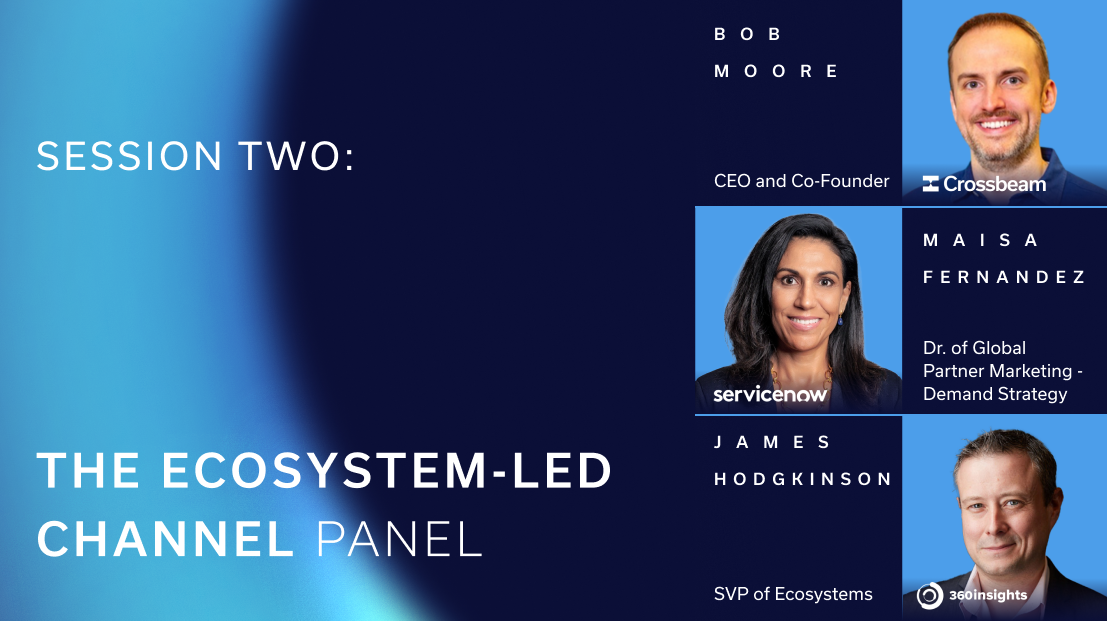



.png)
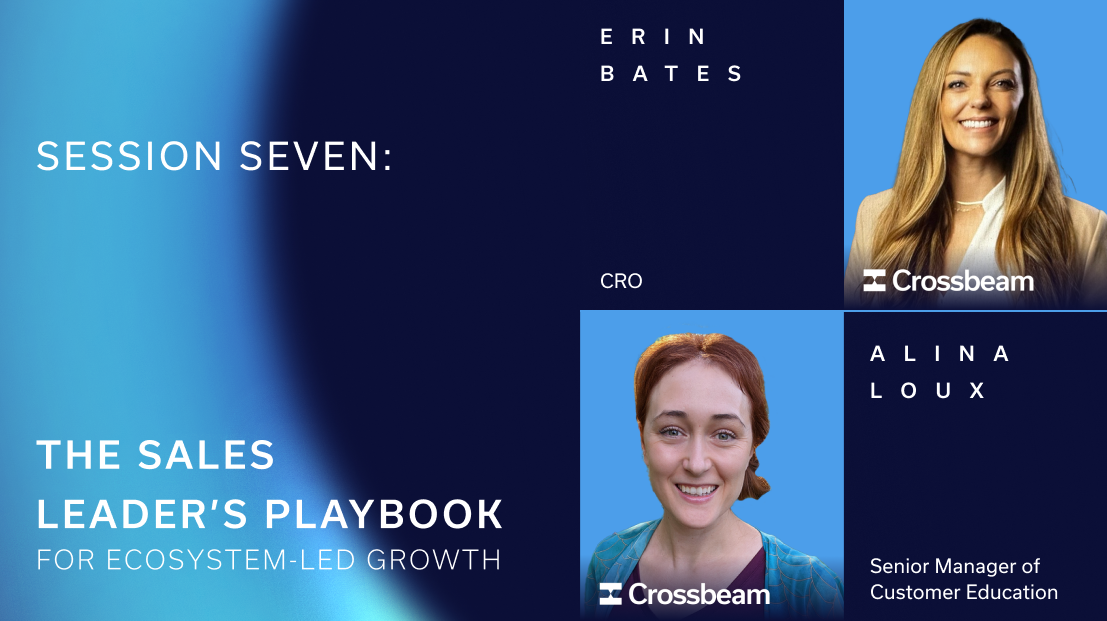














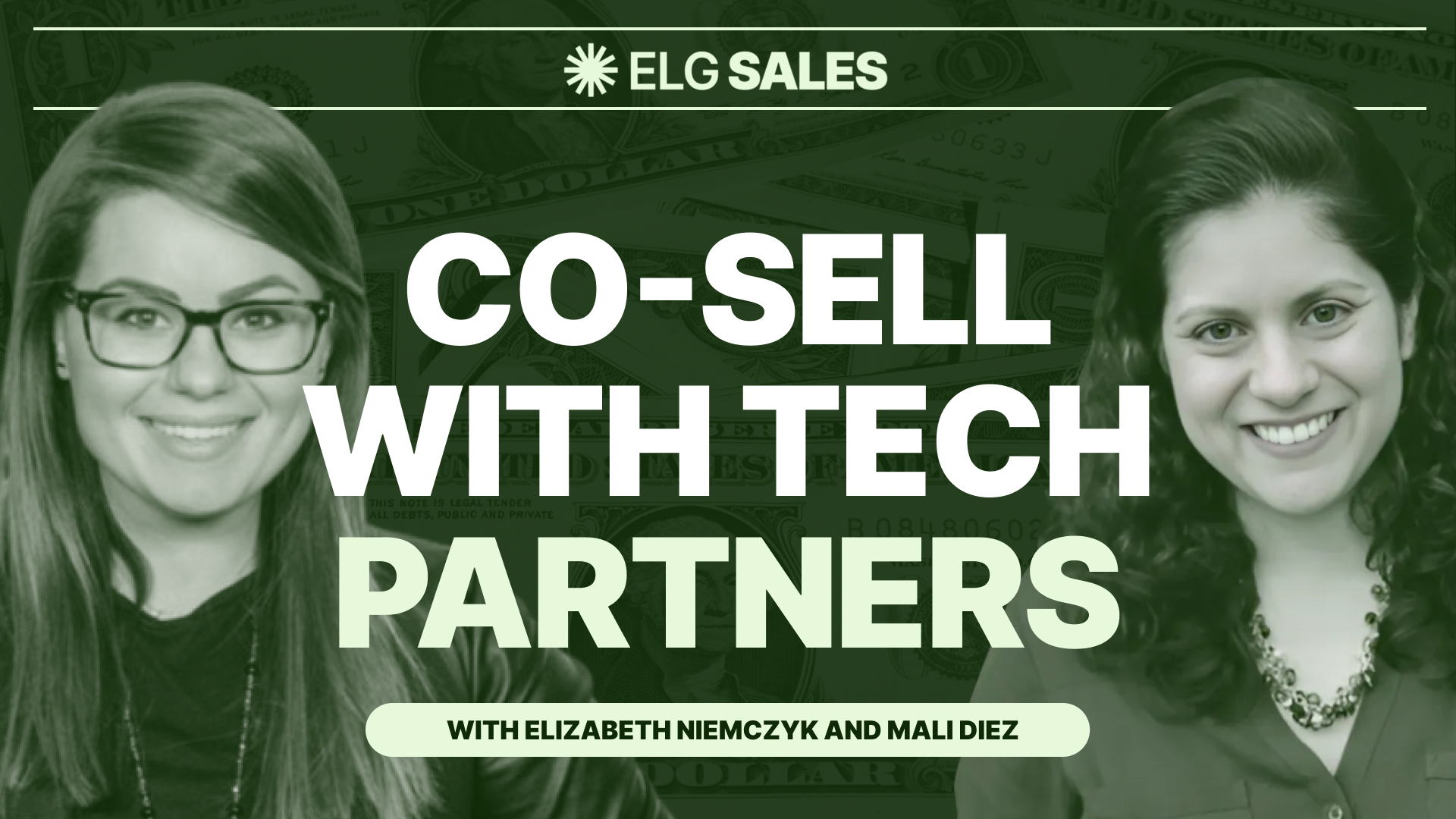

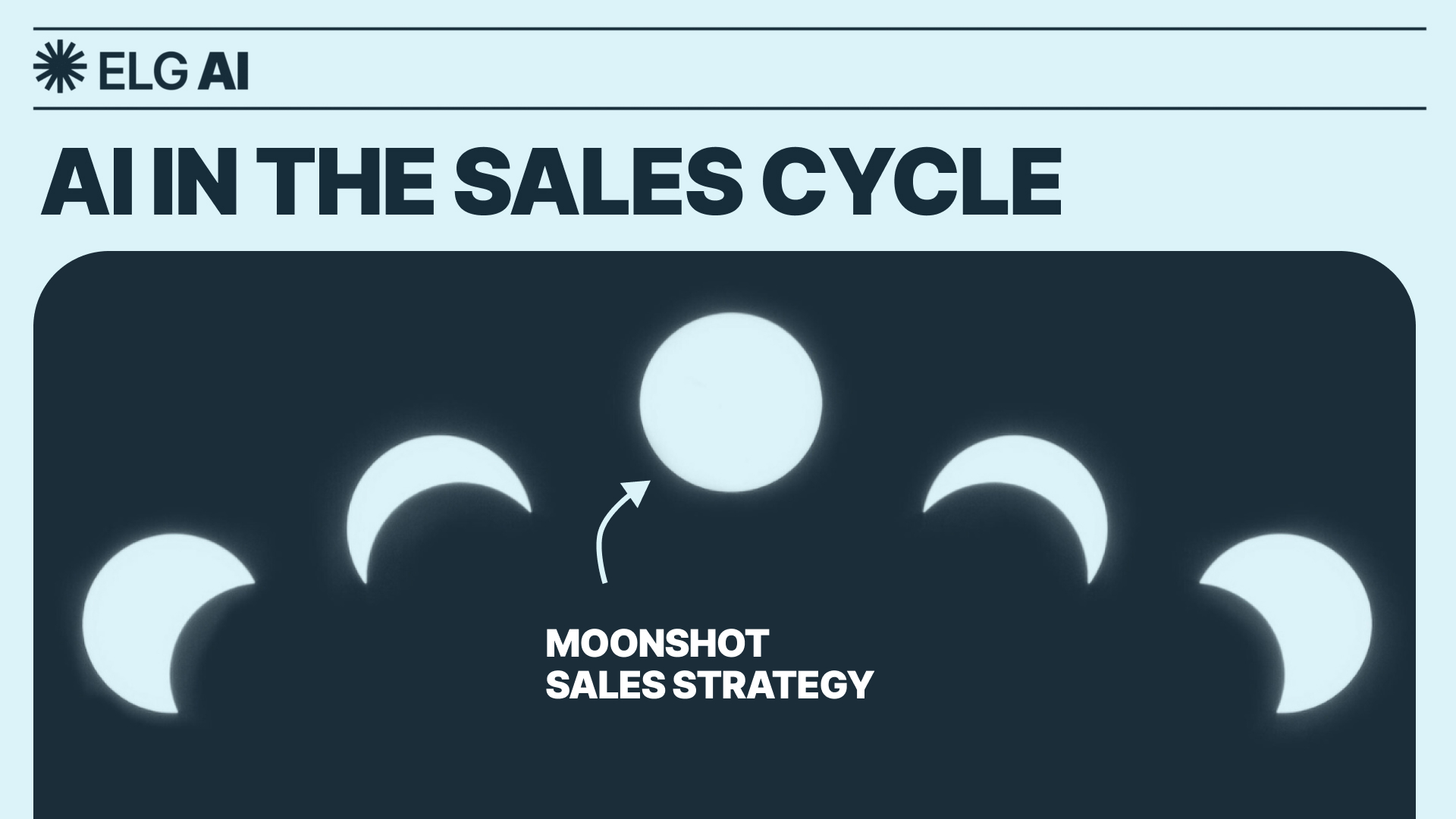










.jpg)




.png)



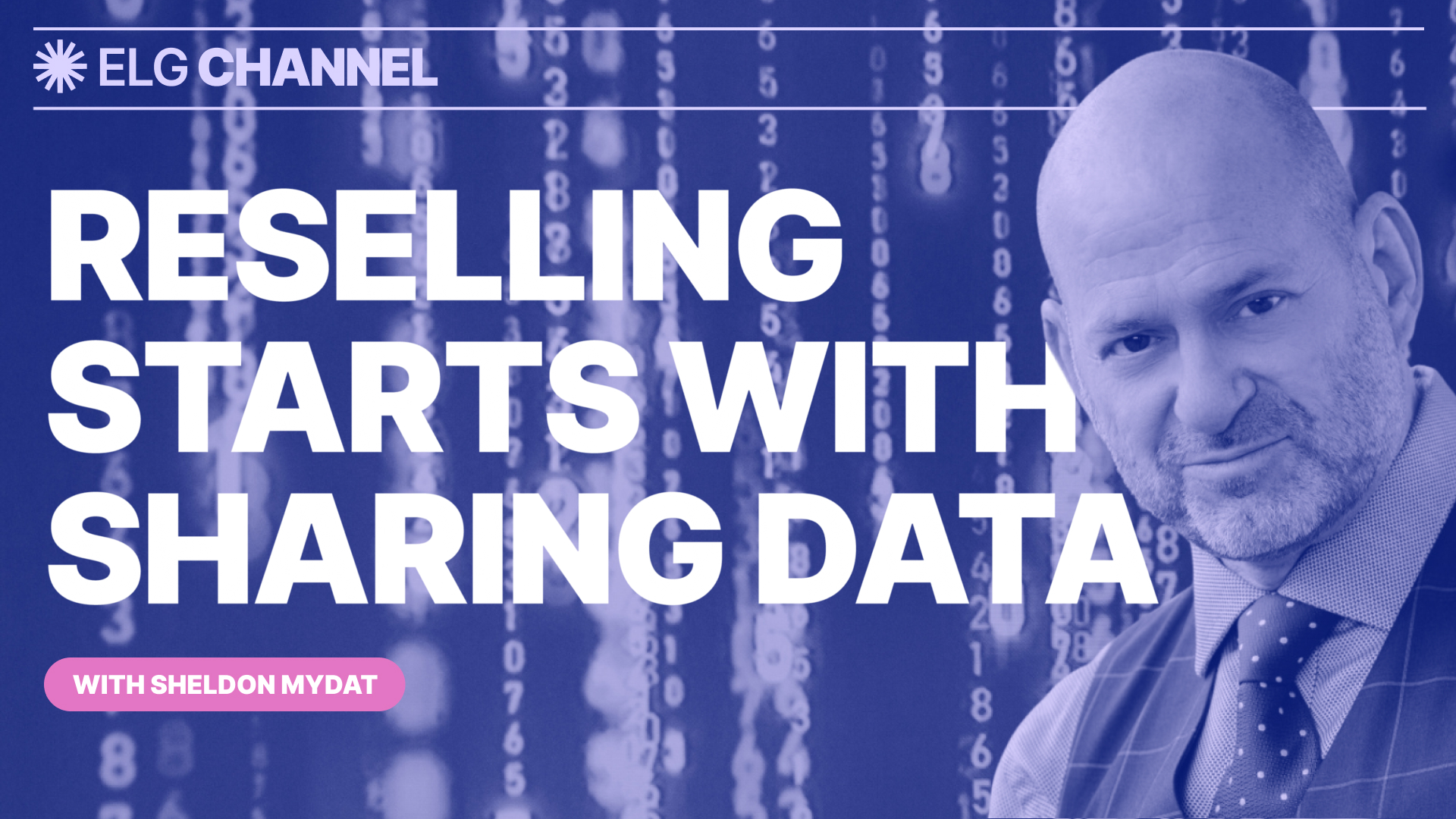


.jpg)





.jpg)

.webp)


















.webp)














